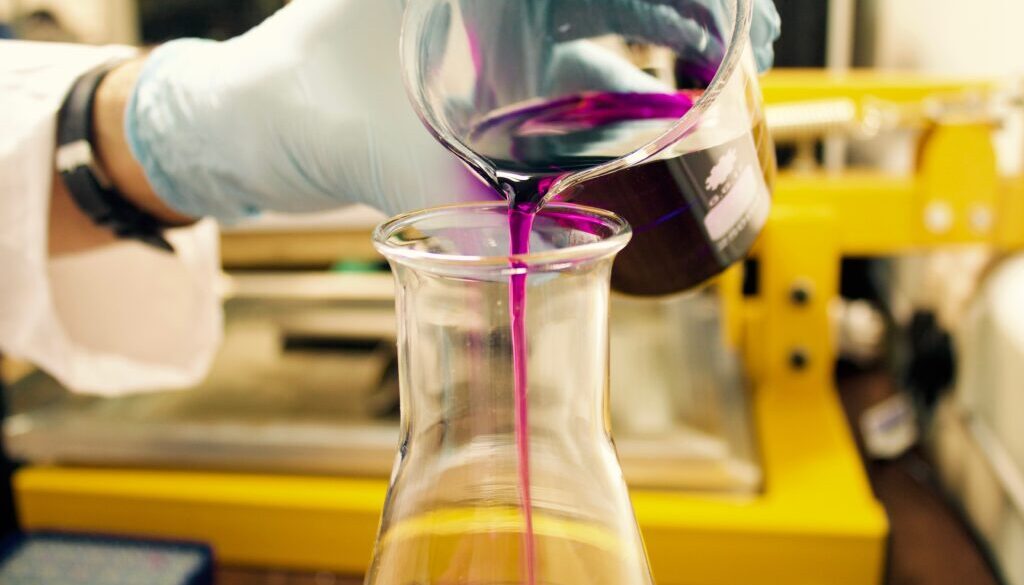Introduction:
The pharmaceutical industry, often referred to as pharma, plays a pivotal role in the global healthcare ecosystem. It is a driving force behind medical breakthroughs, drug discoveries, and innovations that save lives and enhance the quality of life. In this article, we will journey through the various facets of this dynamic field, exploring how it continues to advance the frontiers of life science.
The Dawn of Modern Pharmacology
Modern pharmacology, as we know it today, owes its roots to the 19th century. This era marked the beginning of systematic drug development and the understanding of how chemicals interact with the human body. Pioneers like Paul Ehrlich and Alexander Fleming laid the foundation for the pharmaceutical industry’s growth.
Innovations in Drug Discovery
The heart of pharmaceutical advancements lies in drug discovery. Scientists and researchers continually strive to develop new medicines and therapies to combat diseases. High-throughput screening, computer-aided drug design, and precision medicine are some of the innovative approaches transforming drug discovery.
Revolutionizing Treatment Modalities
Pharmaceutical companies are not limited to producing pills and tablets. They are also at the forefront of developing cutting-edge treatment modalities such as gene therapies, monoclonal antibodies, and nanomedicine, providing more effective and targeted solutions.
The Pursuit of Personalized Medicine
One-size-fits-all treatments are becoming a thing of the past. Personalized medicine tailors medical interventions to an individual’s genetic makeup, allowing for more effective and safer treatments with fewer side effects.
Tackling Global Health Challenges
Pharmaceutical companies actively engage in addressing global health challenges, such as the spread of infectious diseases and the development of vaccines. Their swift response to the COVID-19 pandemic demonstrated the industry’s agility and commitment to public health.
Biotechnology and Genetic Engineering
Biotechnology and genetic engineering have opened new doors in pharmaceutical research. The ability to manipulate genes and produce biopharmaceuticals has expanded treatment possibilities, especially in areas like oncology and rare diseases.
The Role of AI and Machine Learning
Artificial intelligence and machine learning have revolutionized drug discovery and development. These technologies analyze vast datasets to identify potential drug candidates, accelerating the research process.
Regulatory Frameworks and Ethical Considerations
While innovation is crucial, the pharmaceutical industry must navigate a complex web of regulations and ethical concerns. Balancing profit motives with ethical obligations is an ongoing challenge.
The Impact of the COVID-19 Pandemic
The COVID-19 pandemic showcased the industry’s responsiveness. Rapid vaccine development and global collaboration underscored the importance of pharmaceuticals in times of crisis.
Challenges in Drug Pricing
One of the industry’s significant challenges is ensuring access to medications while maintaining profitability. The debate over drug pricing remains a contentious issue.
Future Prospects and Trends
The future of the pharmaceutical industry is promising. Advancements in biotechnology, AI, and personalized medicine are expected to shape a new era of healthcare, offering hope for previously untreatable conditions.
Conclusion
The pharmaceutical industry is undeniably the lifeline of modern medicine. Its tireless efforts in advancing the frontiers of life science continue to benefit humanity by providing innovative treatments and improving overall health. As we move forward, the industry’s commitment to ethical research and accessibility will be vital in ensuring a healthier world for all.
FAQs
FAQ 1: What is the pharmaceutical industry’s primary goal? The primary goal of the pharmaceutical industry is to research, develop, and manufacture safe and effective medications and therapies to improve human health.
FAQ 2: How does personalized medicine work? Personalized medicine tailors medical treatments to an individual’s genetic makeup, optimizing efficacy and minimizing side effects.
FAQ 3: What is the significance of biotechnology in pharmaceuticals? Biotechnology enables the manipulation of genes and the production of biopharmaceuticals, opening new avenues for innovative treatments.
FAQ 4: How do AI and machine learning aid drug discovery? AI and machine learning analyze vast datasets to identify potential drug candidates, speeding up the drug discovery process.
FAQ 5: What are the ethical concerns in pharmaceutical research? Ethical concerns in pharmaceutical research include issues related to patient consent, data privacy, and the balance between profit and public health.






